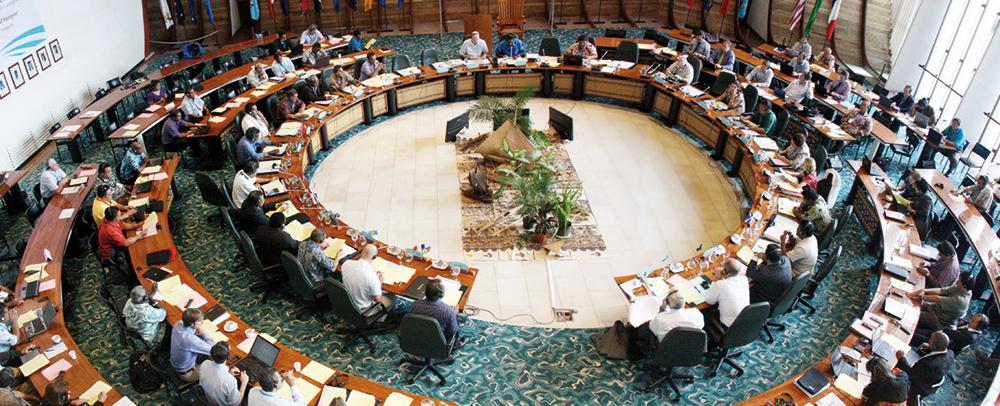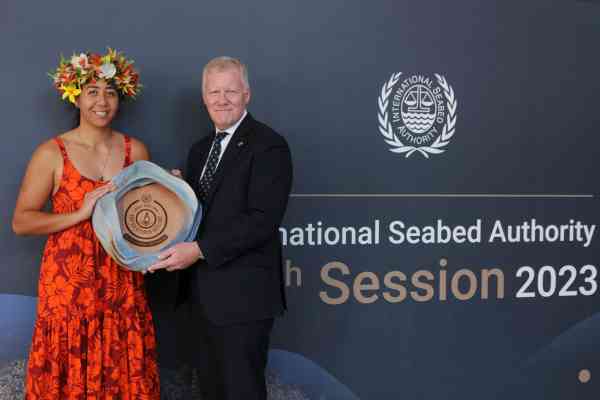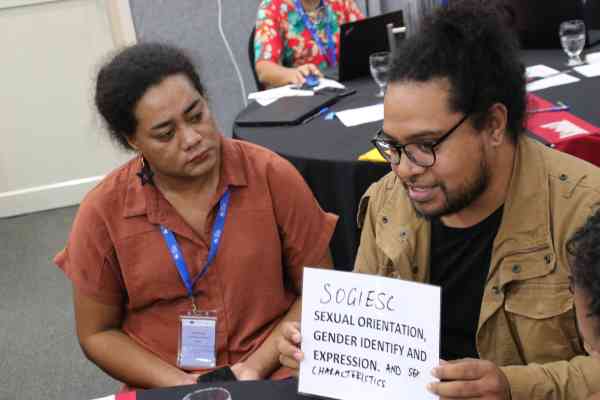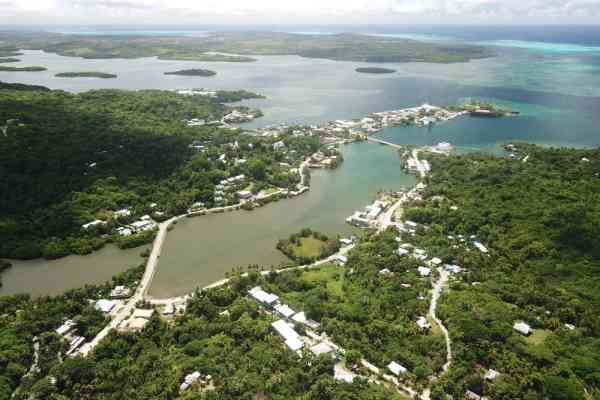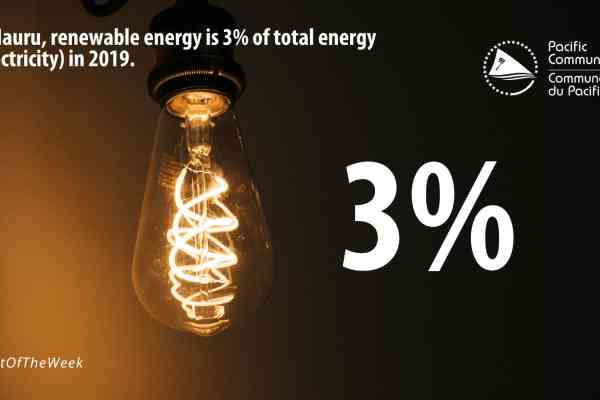
Planning Adviser (Monitoring, Evaluation and Learning)
The popular business adage, ‘If you fail to plan, you plan to fail’, is equally applicable in the context of development interventions. At SPC, we regularly consider the best approach or plan when thinking about how to apply technical and scientific skills and expertise to address a particular development challenge. From strategic planning to project implementation, we think about how to achieve our objectives based on the needs and contexts of our member countries, and with the resources available. While recognising the value of robust planning, we understand that the complex challenges our Pacific Island member states face, and the contexts in which SPC works, make for a dynamic operating environment that can disrupt even the most vigilant ‘best practice’ planning.
This reality requires a more flexible and adaptive approach to designing and implementing development interventions. SPC has embedded this approach in its Planning, Evaluation, Accountability, Reflection and Learning (PEARL) policy. PEARL enables us to regularly revisit our plans and targets and reflect on how we are progressing against them, to ensure we are doing the right things, in the right place, at the right time, to make the greatest impact in the lives of Pacific Island communities.
PEARL also creates the opportunity for SPC staff to share experiences, ideas and solutions, and to apply the breadth of skills and expertise within their divisions and programmes to adapt and improve on their results. Through this process, we can identify areas of good practice and any barriers to progress, and understand the factors that contributed to them.
However, learning itself is not enough; it is the application of this learning – adapting our approaches, practice and delivery to improve our interventions – that is most valuable. Through PEARL, SPC will continue to ensure that the plans we put in place are continually evolving, and that we apply what we learn to our technical and scientific interventions in order to produce better results for our members and to support sustainable development of the Pacific region. To adapt the maxim we began with: if we fail to change our plans, our plans will fail to affect change.
